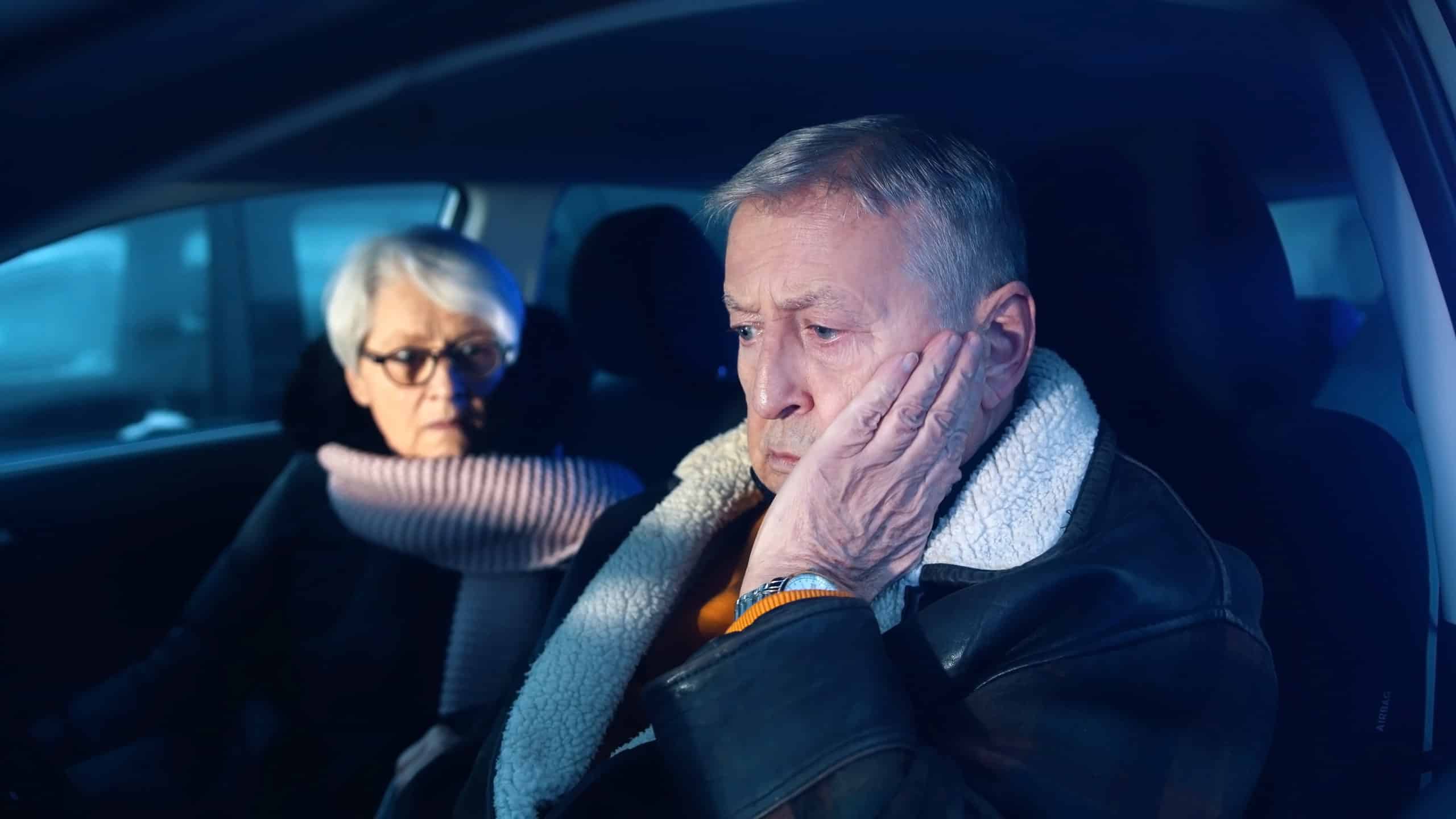- Home
- THE FIRM+
- Criminal Defense+
- CASE RESULTS
- AREAS WE SERVE+
- FAQ’s
- Blog
- Contact
AZHARI LLC BLOG
Jul. 1 2022
Can Aging Increase Your Odds for an IL DUI?

Posted By: Sami Azhari
Category:
There’s no denying it: The population in the United States is growing older. According to the Centers for Disease Control and Prevention, there are 44 million people over age 65 in the United States thanks to the Baby Boomer generation.
While those who are older enjoy the freedom of retirement, they continue to get behind the wheel, even if they are suffering from conditions that may impair their once-sharp driving skills. That’s why, along with the older drivers en masse, fatalities from accidents are on the rise in the United States. Elderly drivers are on the road in droves, and their declining driving may lead to more accidents – which may translate to more DUI suspicions on the part of the police.
The truth of the matter is that elderly drivers may face an increased risk of getting a DUI for a variety of reasons. Here is what you need to know about DUIs in Illinois, how elderly drivers factor in to the scene, and what may be increasing their odds of an Illinois DUI.
What Is a DUI in Illinois?
DUI stands for driving under the influence of drugs and/or alcohol. Generally, it means that a person is operating a motor vehicle with a blood alcohol content of 0.08 percent or greater.
When someone gets a DUI, they face several penalties, depending on the offense with which they are being charged. If it’s a first DUI, then they may face no more than 12 months in jail, probation, and fines. If it’s a second offense, there’s compulsory community service paired with jail time of up to one year. For a third offense, up to seven years can be spent behind bars.
Basically, the more times you are convicted of a DUI in Illinois, the stiffer the penalties you face – which could include the loss of your license.
Older Adults and Sobriety Tests
When an officer stops someone for a DUI, it’s usually because they’ve received a report of an erratic driver – or a driver is displaying patterns on the road that lead the officer to believe they are under the influence. An example would be inappropriately switching lanes or not stopping when you should.
As a person gets older, their reflexes tend to get worse, which can impact the ability to drive. And this may appear, to outsiders, like someone who is driving impaired.
However, some older drivers may simply be having difficulty seeing in the dark – or some other explanation that has nothing to do with being under the influence of anything.
It’s important to note, however, that police don’t consider any of this. If they see someone whom they suspect to be driving under the influence, they’ll pull them over. They will ask questions once they’ve pulled over a suspect. And they may subject them to a field sobriety test to ascertain whether or not they’re intoxicated.
These tests are administered by the police on the side of the road, under the assumption that a person’s performance on the tests can help to inform the officer of their state of impairment. But these tests have questionable results, especially when older adults are involved.
The tests normally involved in field sobriety tests are:
The Walk and Turn
This test requires a person to walk in a straight line heel to toe for several steps, then turn and go back the same way. Needless to say, it can be tricky for older adults, who may have issues with coordination and balance – two physical traits that tend to diminish as we get older.
Horizontal Nystagmus Test
This test helps an officer determine if someone is intoxicated by measuring the angle at which the eye involuntarily jerks – a motion called nystagmus. It occurs sooner in people who are intoxicated. However, there are many types of medications that could impact the results of this test and give a false positive, especially in older adults.
Standing on One Leg
The final field sobriety test is the one leg stand. This test is exactly as it sounds, where you are asked to stand on one foot while holding the other foot six inches above the ground. You must then count as you do this. The police look for signs that you cannot keep your balance such as hopping, swaying, or putting your foot down too soon.
As people age, physical abilities diminish. This can make this test difficult for an older adult driver and can lead to unwarranted arrest.
If you are an older adult who has been charged with a DUI, but you are innocent, then you need an experienced attorney to help you fight back against your charges.
About the Author
Sami Azhari has been working as a lawyer since 2007, after receiving his Juris Doctor from the Michigan State University College of Law. He has handled numerous state and federal cases, and is known throughout the Chicago and Rolling Meadows area for providing his clients with high-quality, skilled representation. He has been recognized by Avvo (2013 and 2018), SuperLawyers (2015-2020), The National Trial Lawyers, and other notable organizations, and has spoken at a number of legal conferences.



























































